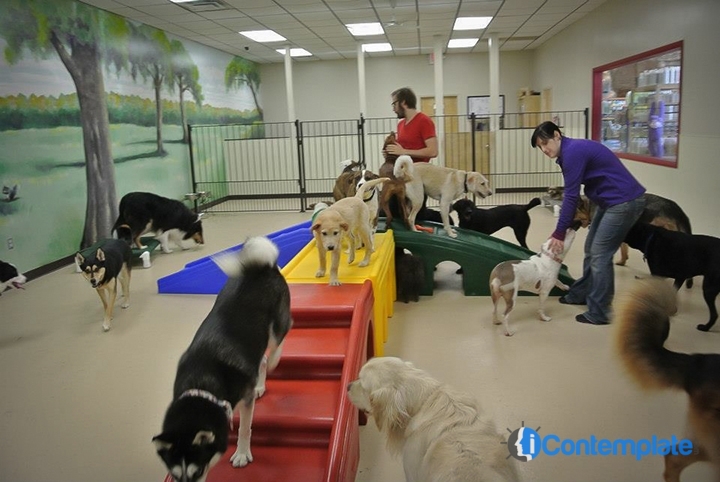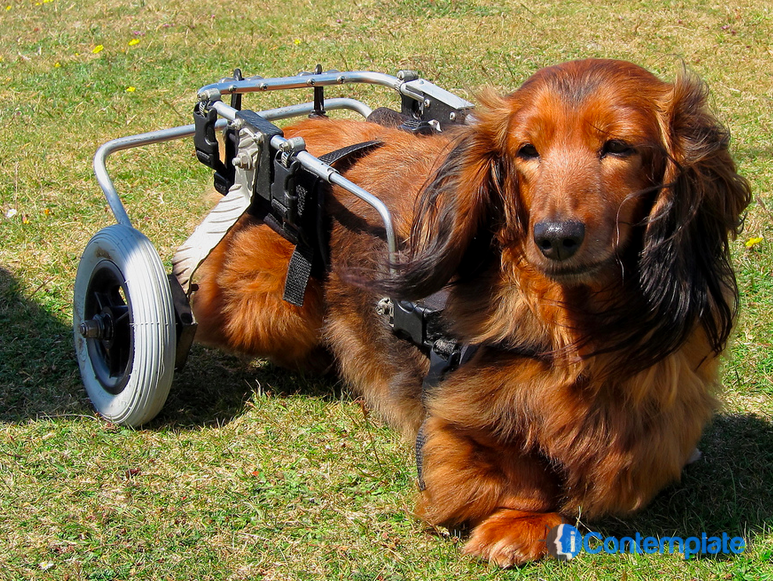Don’t you just feel grumpy when you aren’t feeling well? It’s actually the same for animals too. So, when your otherwise sweet pooch suddenly becomes aggressive, then maybe he is not in the pink of health.
There are so many things that influence the behavior of your pet, and health is one of them. A dog that is in good physical, mental and emotional state is a happy dog. Content dogs are also easier to train, and they are also usually pretty behaved and easy to control. When you observe drastic changes in your dog’s behavior, call your vet as soon as possible. Don’t just ignore your pet’s behavioral problems since these might indicate illness or discomfort.
Negative Dog Behavior That Might Indicate Health Issues
Dogs express their pain and discomfort in many ways. For example, dogs who are in pain might demonstrate aggression towards other dogs or even people. Thus, when your dog suddenly gets banned from training, walking or other canine group activities, then maybe he is in pain. Other dogs become extremely sensitive to the things around them, especially other dogs. So, if your pet suddenly gets really irritated with your neighbor’s pooch, which didn’t bother him before, maybe he is suffering from something too.
It is very important to pay attention to changes in your dog’s behavior. Aggression is the most common complaint of owners who have sick pets. Hence, when a sweet-tempered canine suddenly becomes rabid, something might be amiss. Other examples of health problems that cause changes in dog behavior include gastrointestinal conditions, cancer, diabetes or pain due to bone, tissue or muscle damage.
Who to Ask for Help
Do not hesitate to get in touch with your pet’s vet once your canine displays weird or negative behavior. A vet will most likely conduct a thorough physical examination, including blood work, x-ray, ultrasound, or stool and urine examinations. There are also certain kinds of health problems that are referred to specialists. If, for instance, your dog’s doctor finds out that the aggression is due to stomach or gastrointestinal problems, he might refer you to an animal nutritionist who can help you plan your pet’s diet in order to alleviate or treat health problems.
Dog trainers or behaviorists can also help you with difficult dog behavior problems. It is very important that you go to someone who is reliable since such services are often costly. Look for people who can show certifications of the trainings, seminars, or schools that they have attended. Choose those who are also members of highly regarded organizations, like the Association of Pet Dog Trainers or the American Veterinary Society of Animal Behavior (AVSAB).
Though certifications and memberships with respectable groups will certainly lend credibility to a vet or behaviorist, it won’t hurt to be meticulous as well. Ask questions to find out how a trainer answers your inquiries. This allows you to check if he possesses the knowledge and experience to treat your canine. Try to attend behavioral classes, if allowed, so that you’ll be able to observe how your dog is doing and how the trainer is treating your animal.
Attached Images:
- License: Creative Commons image source
Claire Howard is a freelance writer who blogs for pet care facilities. She writes about veterinary services Arbor, pet health, pet behavior problems, and other animal issues. She also provides material for Arbor Pet Hospital, a reliable facility that offers vet and pet care services.




